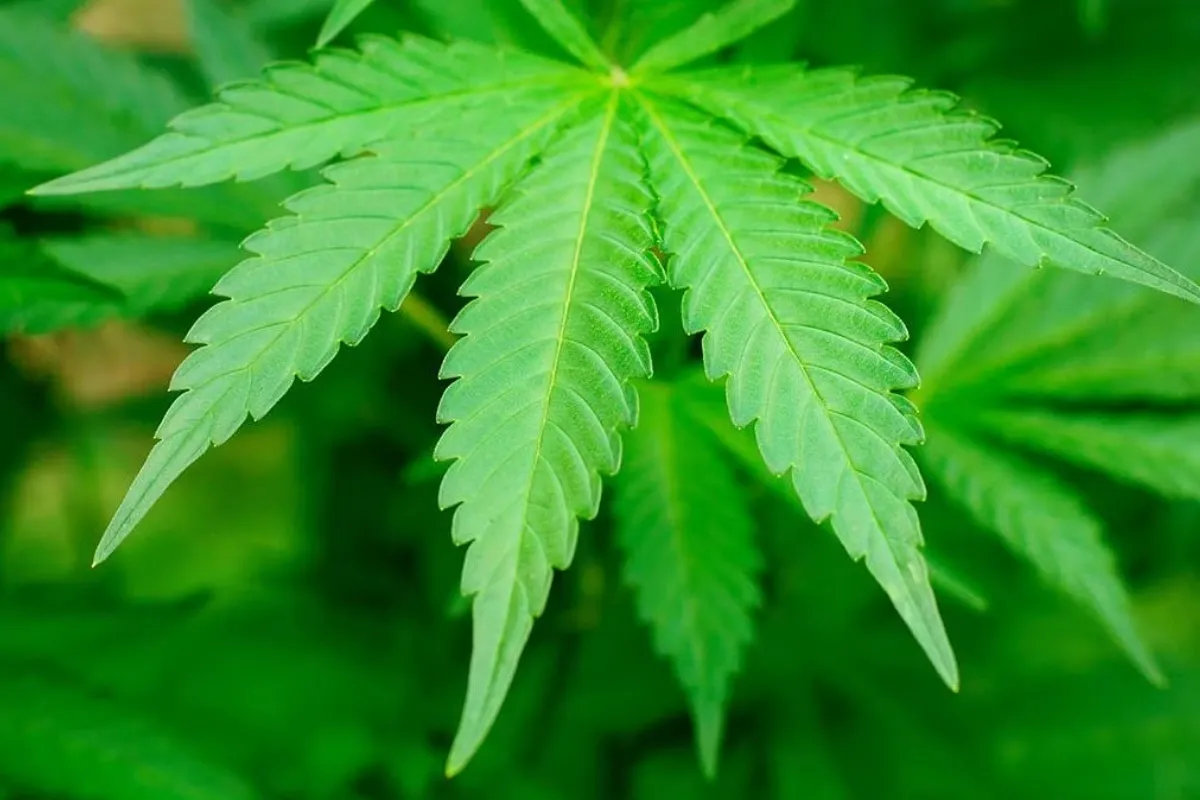Bhang: In India, bhang a mixture derived from the cannabis plant’s leaves and flowers—has great cultural and religious significance. For ages, bhang has been a part of Indian culture, appearing in both holy ceremonies and joyous festivities. Its legal status in India, however, has generated debate and disapproval. We’ll examine the benefits and drawbacks of bhang’s legal status in India in this post.
What is Bhang?
Bhang is a traditional preparation made from the leaves and flowers of the cannabis plant. It is commonly consumed in the form of a drink, known as “bhang thandai,” especially during festivals like Holi and Shivratri. Bhang is also used in various religious rituals and ceremonies.
Legal Status of Bhang in India
The legal standing of bhang and its derivatives in India is a complicated matter. The Narcotic Drugs and Psychotropic Substances Act, 1985 (NDPS Act) mostly forbids the growing, distributing, and possessing of bhang; however, there are certain exceptions for religious and medical uses of the drug.
Pros of Bhang Consumption
1. Medicinal Benefits
- It is said that bhang has therapeutic qualities that can help with pain, nausea, and inflammation.
- In Ayurvedic medicine, it is frequently used to treat a variety of illnesses, including stress and digestive issues.
2. Cultural and Religious Significance
- In India, bhang is deeply associated with culture and religion, particularly at festivals like Holi and Shivratri.
- It is revered in some Hindu religions and is connected to Lord Shiva.
3. Recreational Use
- Bhang use may produce a slight sense of pleasure and relaxation, making it a recreational experience for anyone looking to de-stress or unwind.
Cons of Bhang Consumption
1. Potential Health Risks
- Excessive consumption of bhang can have negative health repercussions, such as addiction, respiratory problems, and cognitive decline.
- Additionally, it could make mental health issues like psychosis and anxiety.
2. Legal Concerns
- Despite its cultural significance, bhang consumption is illegal in many parts of the world, including several states in India.
- Legal repercussions may include fines, imprisonment or a criminal record for possession or consumption.
3. Risk of Contamination
- Because bhang is frequently produced and distributed without regulations, there is a chance that it will be contaminated with pesticides, heavy metals, or other dangerous materials.
- There is a risk to consumers’ health if they inadvertently consume toxic bhang.
Disclaimer: This material, including advice, provides general information only. It is in no way a substitute for a qualified medical opinion. Take the methods, and claims mentioned in this article as suggestions only; DNP India does not confirm or refute them. Consult a doctor before implementing any such suggestions/ treatment/medicine/diet.
DON'T MISS
Keep watching our YouTube Channel ‘DNP INDIA’. Also, please subscribe and follow us on FACEBOOK, INSTAGRAM, and TWITTER.



